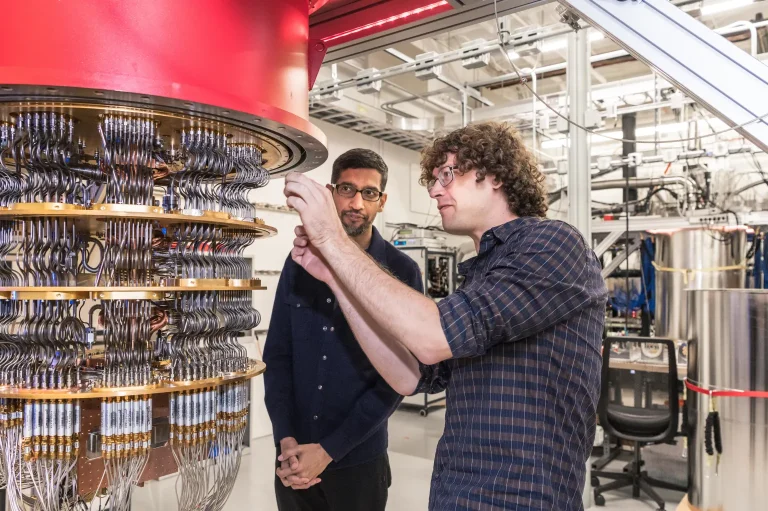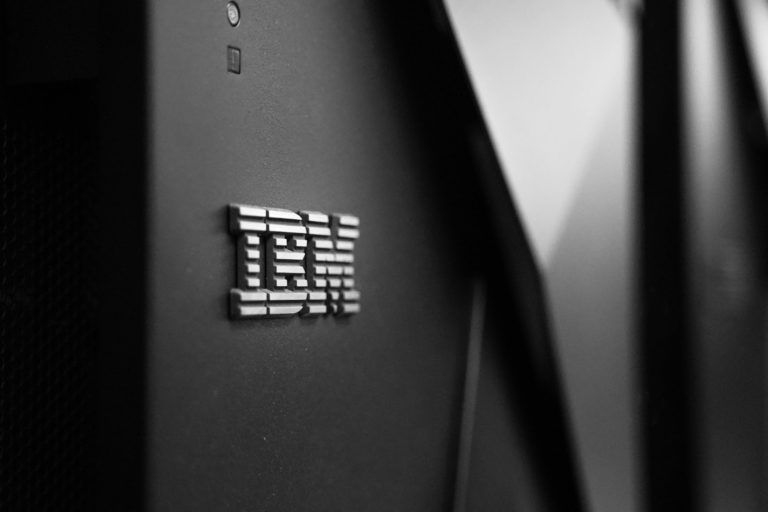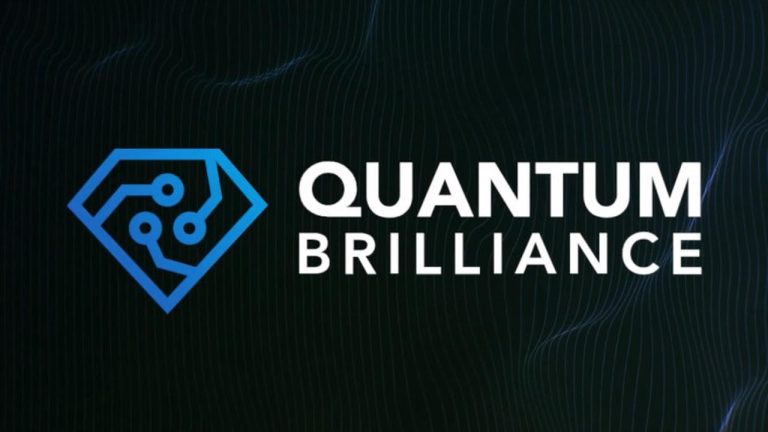Recently, a team of researchers from IBM came up with a solution for quantum computers that require fewer qubits. The new solution is claimed to boost the accuracy and performance of chemical simulations on quantum computers as opposed to the classical computer quantum computers that require a large number of qubits to work efficiently.
In the last few years, quantum computing has made huge strides. Tech giants like Google, Intel, Baidu, and Amazon have been investing heavily in this field. Last year, Google’s AI Quantum team performed the largest chemical simulation to date on a quantum computer, and Intel introduced Horse Ridge II, the second generation of its cryogenic control chip for developing scalable quantum computers.
Context
Quantum computers can deliver more accurate simulations for several complex and large molecular systems compared to classical computers. Unlike traditional computers, quantum computers use quantum bits or qubits instead of the classic binary bits. Quantum computers need large numbers of qubits to enable breakthrough discoveries. The more the number of qubits, the better the performance.
According to the researchers, despite the rapid development of quantum hardware and algorithms, modern quantum computation platforms are found lacking in areas such as limitations of classical simulators and popular one-to-one mappings of spin-orbitals to qubits, increased chances for errors during quantum computation, etc.
In a recent paper, ‘Quantum simulation of electronic structure with a transcorrelated Hamiltonian: improved accuracy with a smaller footprint on the quantum computer’, the researchers stated: “While simulations based on minimal basis sets and/or small active spaces continue to provide benchmarks, useful quantum simulations will require significant quantum resources. Today routine classical ES calculations may contain hundreds to thousands of basis functions that would need to be mapped to logical qubits. Thus, it is clear we need approaches that can give the desired accuracy with fewer quantum resources.”
Under The Hood
IBM collaborated with Daimler AG and Virginia Tech to build quantum computers that use fewer qubits. To that end, the researchers combined quantum simulation methods with Hamiltonian function. In comoutaion, Hamiltonian function represents a change in a molecule’s kinetic and potential energy.
The researchers said, “We chose a third path, using a Hamiltonian which is “transcorrelated”, i.e. transformed to provide additional information about some of the interactions that need a larger basis set for accurate description and, hence, can’t fit into the quantum computer using a traditional Hamiltonian.”
The new method enables quantum simulations based on a transcorrelated Hamiltonian that approximately incorporates the electron-electron cusp and as a result, provides a more accurate simulation of the molecule, without the need for more qubits or deeper quantum circuits.
Wrapping Up
The researchers proved the properties for paradigmatic molecules such as hydrogen fluoride (HF) could be calculated with a higher degree of accuracy using quantum computers with fewer qubits.
IBM has its sights set on “quantum supremacy”. Last year, the tech giant, along with Goldman Sachs, published a paper exploring the advantages of quantum computers over traditional computers.
In September last year, IBM released a roadmap for developing a suite of scalable, larger and better processors, with more than 1,000 qubits, known as IBM Quantum Condor. The company also has a dilution refrigerator –slated for a 2023 release– in the pipeline.


















































































